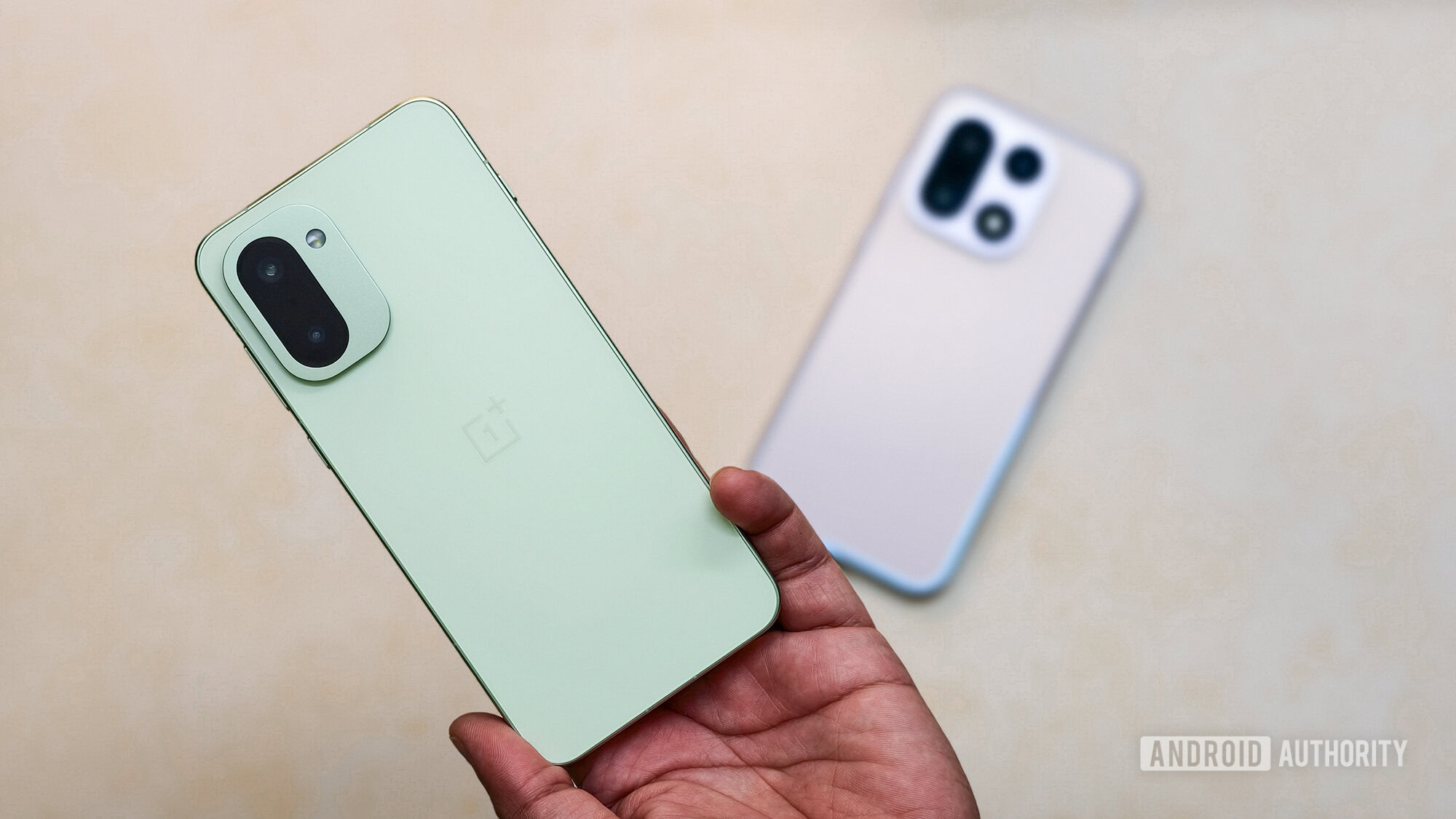In an interview with five years ago, Owenize Odia said she had always been fascinated by the idea of “money on the internet.” For her, internet money means more people and institutions will have access to cryptocurrencies—but in ways that are safe, regulated, and trusted. Today, she remains on the path of bringing her fascination to Africa.
In February 2021, when a Central Bank of Nigeria (CBN) directive blocked crypto firms from accessing banking services, many users thought the market would wither. Odia thought differently. As country manager for Luno Nigeria, the subsidiary of the UK-based crypto firm, she helped introduce a workaround that kept users able to buy and sell crypto despite banking restrictions.
“It was a simple idea and we didn’t try to reinvent a lot,” she told in an interview. “We looked at options from other industries we could apply and that allowed us to remain in business. Vouchers were great because they let us reach more people.”
Luno leaned on vouchers to bypass traditional banking rails for direct deposits and withdrawals, while other Nigerian crypto exchanges turned to peer-to-peer (P2P) models, borrowing from the old WhatsApp groups where people traded directly with one another, often without counterparty safeguards, escrow, or any regulatory structure.
“We never considered P2P [at Luno Nigeria] just from the lens of the operational risks it brought and we never went there,” said Odia, while emphasising that traditional banks are still necessary for the growth of crypto firms in Africa. “In all honesty, I think for now, it might be difficult for customers to go into crypto without passing through the traditional banking system. Crypto still needs the banks.”
Today, vouchers remain central to Luno’s operations, allowing users to access the crypto market, even as the startup expands to more African countries.
Building Luno Nigeria
Odia had already spent years laying the foundations of a market for a company few Nigerians had heard of. When she joined Luno in 2017, it was just one more UK startup eyeing Africa’s largest economy. She was the lone staffer, working from home and knocking on regulators’ doors to make the case for virtual assets. By the time she left seven years later, she had scaled the business to more than four million users. She credits much of that plumbing to campus activations and the philosophy of bringing more young people into the world of crypto.
“One time I went to UNILAG [the University of Lagos] and there were 500 students in the hall listening to me talk about crypto,” said Odia. “They asked questions about [crypto] and its technology; about jobs in the industry and how to get started. That was when I knew this was bigger than just trading coins.”
Her hands-on approach turned students into early adopters, and some into future employees. Events at universities in Lagos and several other hubs in Nigeria seeded communities that powered Luno’s growth long before crypto became mainstream.
After years of building Luno into one of the more recognisable crypto players in Nigeria, Odia sought a bigger challenge. She wanted to oversee operations across the continent.
“The next step for me after being the country manager for Nigeria was to become general manager and work in a role where I’m engaging regulators in Africa,” said Odia. “[At Luno], Marius [Reitz] was already managing that role well, so the next step was for me to explore my options.”
Odia left her country manager role at Luno Nigeria in February 2024. A few months later, in October, she joined Blockchain.com, another UK-based crypto firm, as General Manager for Africa. The role allowed her to pursue the same mission she had always championed at Luno, but on a continental scale.
A bigger stage at Blockchain.com
When Blockchain.com came calling in late 2024, Odia, who initially cold-messaged the crypto company on LinkedIn, recognised it as a chance to grow.
“They [Blockchain.com] told me, ‘come and be General Manager for Africa and beyond’,” she said. “It was a clear path. So I jumped.”
Now based in Lagos but overseeing a continent-wide mandate, Odia has been steering Blockchain.com’s Africa expansion with the same principle that guided her voucher experiment: access for everyone. The company has opened a physical office in Nigeria, is in dialogue with regulators across the region, and is mapping out new hubs in South Africa, Kenya, and Ghana. Odia’s mission, she said, remains unchanged.
“I think everybody should have some exposure to crypto and digital assets,” she said. “People often say it’s too technical or too complex. But you don’t need to know everything. The internet is still evolving. Yet our parents use WhatsApp without understanding the backend. Crypto is the same. There are parts of it that are accessible to everyone today, and that’s enough.”
Her philosophy of leadership
Colleagues describe Odia as a “people-first” leader, a manager who builds teams as carefully as she builds markets. She believes the evolution of crypto in Africa will depend not just on product but on trust, education and constant dialogue with policy-makers.
She wants Blockchain.com to sit at the centre of that shift, helping build a financial ecosystem where crypto and traditional finance operate side by side, each extending the reach and possibilities of the other.
“We want a world where traditional finance and crypto coexist,” she said. “As long as you have a mobile phone, you should be able to access this new financial system.”
From TradFi to crypto evangelist
Odia didn’t start out as a crypto crusader. She spent eight years at Zenith Bank, one of Nigeria’s tier-1 traditional banks, where, during her second stint with the bank, she led the mobile money team from 2012, shortly after the bank obtained a licence and launched its EaZyMoney service.
She designed the mobile banking interface and oversaw the backend development, travelling between branches to support adoption and help managers and customers understand the product. It was an early glimpse of a theme that would define her career: using technology to expand financial access.
Odia holds a computer engineering degree from a Nigerian university, before she earned a master’s in mobile computing abroad.
“I’ve always been curious about how technology and banking can merge to create better applications,” she said. This foundation became the scaffolding for her move into crypto, where mobile phones serve as the primary branch for financial services.
Despite her professional accomplishments, Odia says her family keeps her grounded.
“I have two daughters and they keep me grounded,” said Odia. “My husband is also my biggest cheerleader.”
Industry insiders call her one of the “OGs” of African crypto, a recognition she accepts lightly. But what matters to her is the work ahead. She has her portion of that work already cut out leading the expansion efforts of one of the largest UK crypto firms.
“I want everybody, young and old, to tap into this crypto economy,” said Odia. “And I won’t stop until more people are part of it.”
Owenize Odia will be speaking at Moonshot 2025, our flagship tech conference taking place on October 15–16. Meet and learn from Africa’s top founders, creatives & tech leaders for 2 days of keynotes, mixers & future-forward ideas. Get your tickets now: moonshot..com











